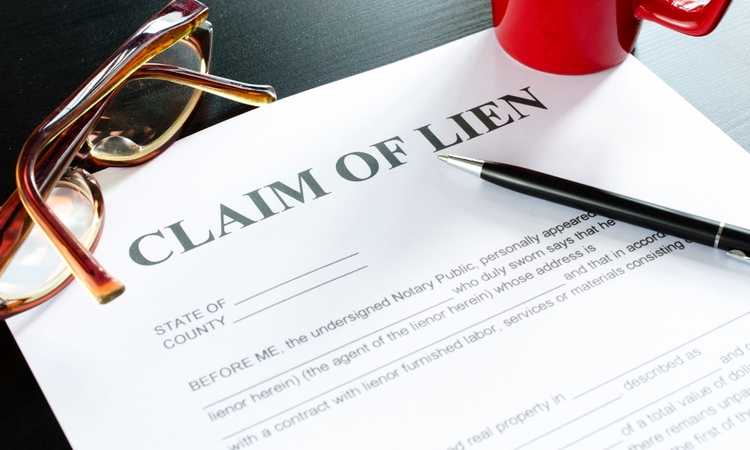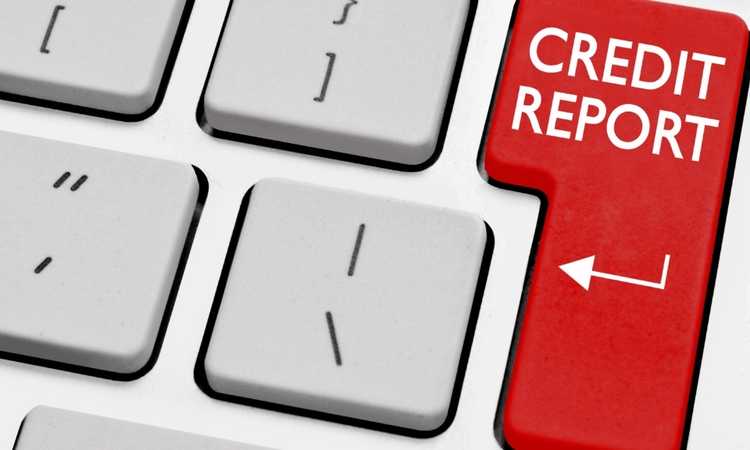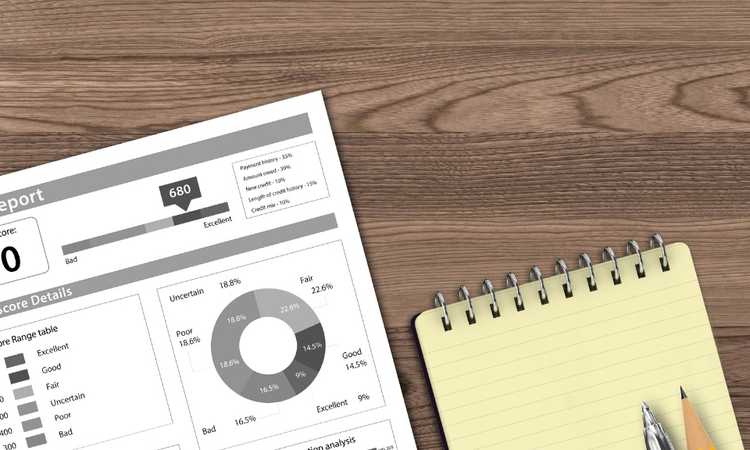Most people know that unpaid bills and delinquent accounts can hurt their credit score. But what about other types of debt? Are tax liens and civil judgments listed on a credit report? The answer may surprise you.
Debt collectors often buy old debt for pennies on the dollar. This means that even if you have already paid off a bill, there’s still a chance it could show up on your credit report.
And if the bill goes to collections, that debt will be reported as well. So how can you make sure that all of your debts are accounted for? Read on to find out.

1. What is a credit report and how is it used to determine creditworthiness?
A credit report is a record of an individual’s borrowing and repayment of credit history. It includes information such as the types of debt owed, the amount of debt, and whether or not payments have been made on time. Credit reports are used by lenders to assess an individual’s creditworthiness when considering a loan or other form of credit.
2. Does a credit report include all debts owed?
No, a credit report does not include all debts owed. However, it does include most debts that are reported to the major credit bureaus. This means that if you have unpaid bills or delinquent accounts, they will likely show up on your credit report.
3. Are tax liens, civil judgments, and other debts listed on a credit report?
Yes, tax liens, civil judgments, and other debts can be listed on a credit report. However, they are not always reported. For example, if you have paid off a debt but the lender has not yet updated the information with the credit bureau, the debt may still show up on your report.
Additionally, some types of debt may only be reported to certain credit bureaus. So if you’re unsure whether or not a particular debt is being reported, it’s best to check with all three major credit bureaus: Experian, TransUnion, and Equifax.
Read this: how you can get a copy of your credit report for free.
4. I’m trying to clean up my credit report. How can I make sure all of my debts are accounted for?
If you’re trying to clean up your credit report, the best way to make sure all of your debts are accounted for is to request a copy of your report from all three major credit bureaus. This way, you can review the information and dispute any errors.
Additionally, you can contact your creditors directly to inquire about outstanding balances or unpaid bills. By taking these steps, you can be sure that all of your debts are accounted for on your credit report.
Read this: How do I read my credit report and FAQ about your credit report
5. I’m considering using a debt settlement company to help me pay off my debts. Will this have an impact on my credit score?
Debt settlement companies often negotiate with creditors to settle debts for less than the full amount owed. While this can be a helpful way to reduce your overall debt burden, it can also have a negative impact on your credit score. This is because settled debts are typically reported as “paid in full for less than the full balance owed.”
As a result, creditors may view you as a high-risk borrower and may be less likely to approve future loan applications. If you’re considering using a debt settlement company, it’s important to weigh the potential risks and benefits before making a decision.

Are Tax Liens and Civil Judgments Listed On A Credit Report?
The bottom line is that yes, tax liens, civil judgments, and other debts can be listed on a credit report. However, they are not always reported.
If you’re trying to clean up your credit report, the best way to make sure all of your debts are accounted for is to request a copy of your report from all three major credit bureaus.
Additionally, you can contact your creditors directly to inquire about outstanding balances or unpaid bills. By taking these steps, you can be sure that all of your debts are accounted for on your credit report.

Wrapping It All Up
If you’re not sure whether or not a debt will show up on your credit report, the best thing to do is to check with the creditor or collection agency. They should be able to tell you whether or not they report debts to the credit bureaus.
If they do report the debt, then it will show up on your credit report and could potentially impact your credit score. However, if they don’t report the debt, then it won’t appear on your credit report and therefore can’t impact your score.
So if you’re trying to clean up your credit before applying for new financing, make sure you only focus on paying off debts that are actually being reported to the credit bureaus.

Erika Finn, founder of Credit Help, is an attorney who graduated from law school (JD) at University of California, Berkeley and is a member of the California Bar Association. She was a member and editor of the California Law Review and won the Prosser Prize for Legal Accounting. She holds a Master’s Degree (MFA) from the University of Southern California (USC) and a Bachelor’s degree (BA) from Indiana University- Bloomington with highest distinction.
Credit Help believes that everyone should have access to helpful, free information about how to raise their credit rating.
Articles on Credit Help are not legal advice or financial advice.